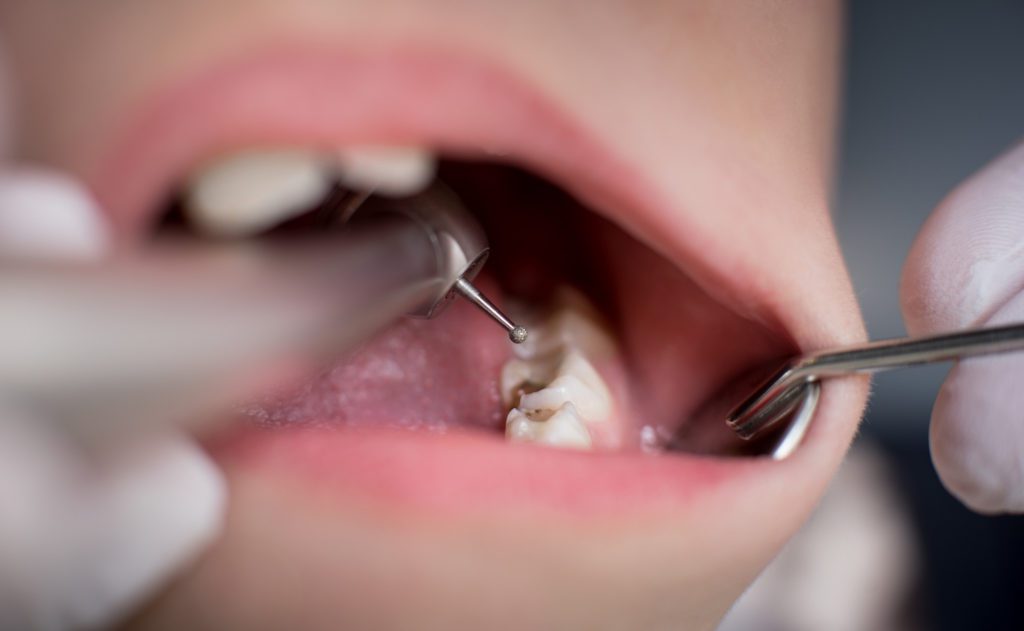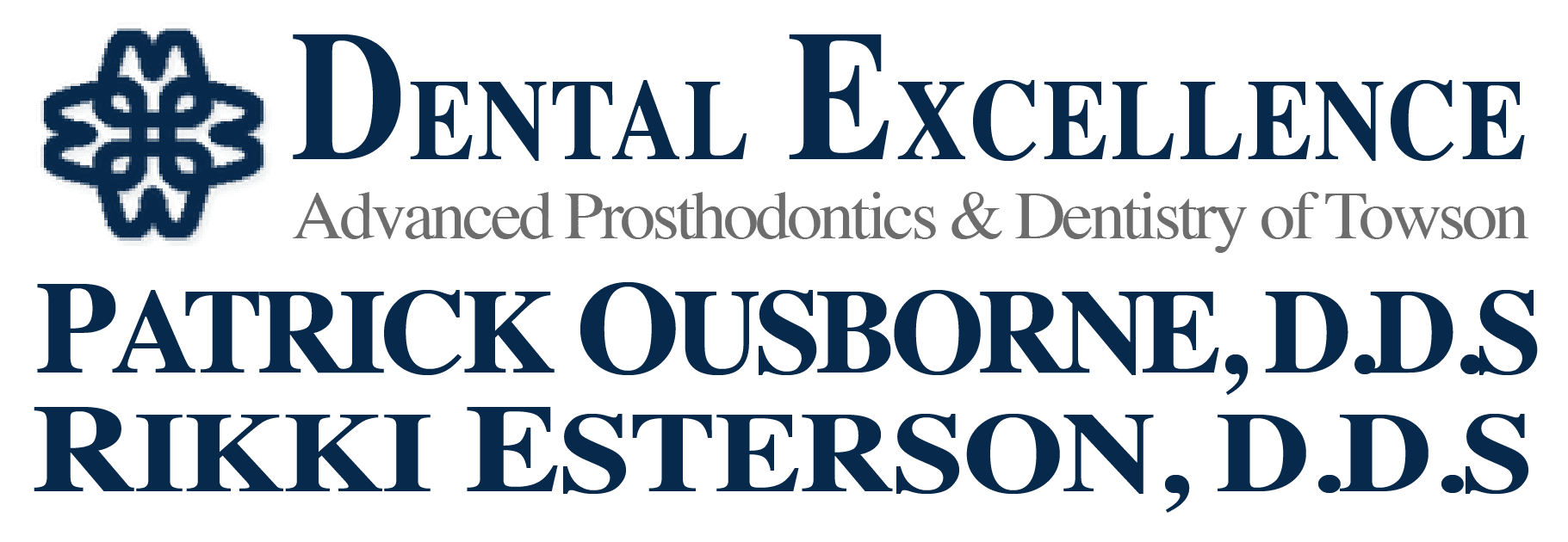Your oral health is essential to your well-being. Studies show that poor oral health links to many chronic health conditions, including heart disease and diabetes. One of the most preventable dental issues is tooth decay. Tooth decay is the erosion of enamel, forming a cavity. While dentists can quickly treat tooth decay with fillings or a root canal, it is better to avoid them altogether.

Oral Hygiene
Poor oral hygiene is one of the leading causes of tooth decay. You may not realize it, but your mouth is full of bacteria—both good and bad. Plaque is one form of this harmful bacteria. If you have ever eaten candy and not rinsed your mouth, you may have felt a “fuzzy” feeling on your teeth. You can even scrape your fingernail on your tooth, and you will be able to see the plaque. Unfortunately, this substance can significantly damage your teeth.
Plaque forms an acid that will erode your enamel. Once weakened, the enamel loses its ability to protect the inner portions of your teeth, such as the nerves. However, if you brush and floss your teeth regularly, you can reduce the amount of plaque in your mouth. While brushing your teeth can remove a lot of plaque, you also need to floss daily. Unlike brushing, flossing can reach between your teeth and underneath your gum line.
Rinse After Eating
One way that plaque produces an enamel-eating acid is because it consumes food particles. When you eat, you leave behind tiny bits of your meal. Then, the bacteria will eat the remains, creating acid. Rinsing your mouth with water after you eat can remove more food particles. This will help minimize your chances of developing tooth decay.
Also, you should refrain from brushing your teeth right after you eat because this can damage your enamel. If you need to brush your teeth after eating, you should wait about an hour. Otherwise, you can just rinse your mouth or chew sugar-free gum.
Regular Cleanings
Even if you have an excellent oral health care routine, you still need to attend regular dental cleanings. Your dental hygienist will be able to provide you with a more thorough cleaning than you can do at home. On top of a cleaning, your dentist will x-ray your teeth to see if you have any issues that they can’t see. When they do this, they are able to prevent significant future dental problems.
Diet
Your diet can play a role in developing cavities. Foods that are high in sugar or acid can increase the likelihood of tooth decay. This is because the bacteria in your mouth feed on the sugar, creating an acid. Additionally, acidic food can erode your enamel more quickly. You don’t need to eliminate all sugary foods completely. However, you should consider limiting your intake, especially if you are prone to cavities. You can always substitute your favorite sweets with sugar-free options or healthier fruits and vegetables.
